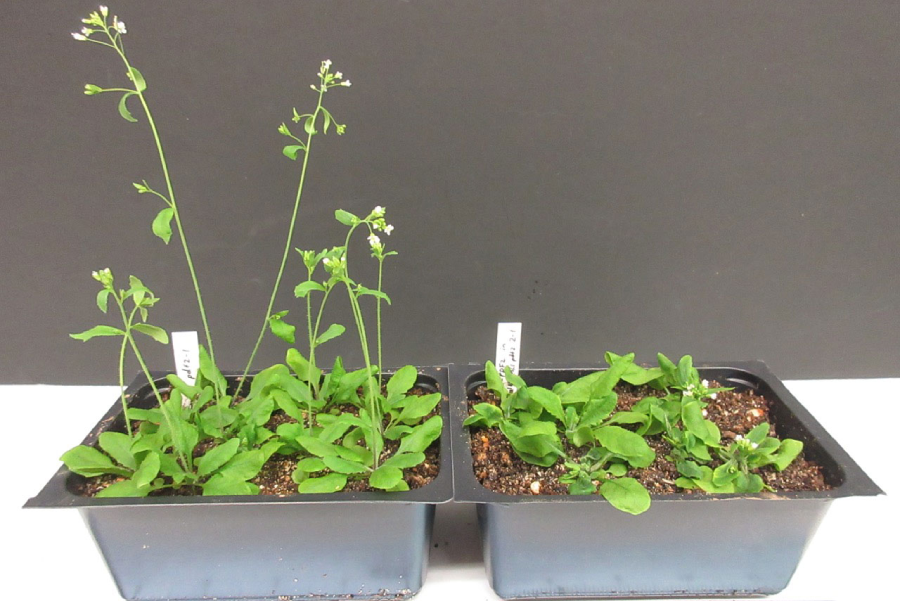Estudo revela processo molecular que pode melhorar a eficiência das culturas para a produção de alimentos

Um recente estudo led by Kathrin Schrick, associate professor of biology at Kansas State University, has uncovered new insights into how plants detect and utilize phosphorus, a key nutrient for their growth. The research, published in New Phytologist, sheds light on a molecular process that may lead to more efficient crop production for food, fiber, and fuel.
Schrick’s team focused on a transcription factor involved in gene regulation during plant development. They discovered an interaction between this protein and a phospholipid—a phosphorus-containing fat-soluble molecule. This binding influences gene expression, helping the plant to manage phosphorus levels crucial for growth. According to Schrick, the mechanism operates in the plant’s outer layer, or epidermis, allowing the plant to sense phosphorus availability and adjust growth accordingly.
The findings could contribute to the development of crops that are better equipped to use phosphorus efficiently, a vital trait given the global challenges of climate change and drought. The research also highlights the fundamental role of phosphorus in plant biology and its broader implications for sustainable agriculture.
The study involved contributions from undergraduate and graduate students at Kansas State, as well as collaborators from Michigan State University. The work was supported by federal funding from the National Science Foundation, National Institutes of Health, and USDA.


Respostas